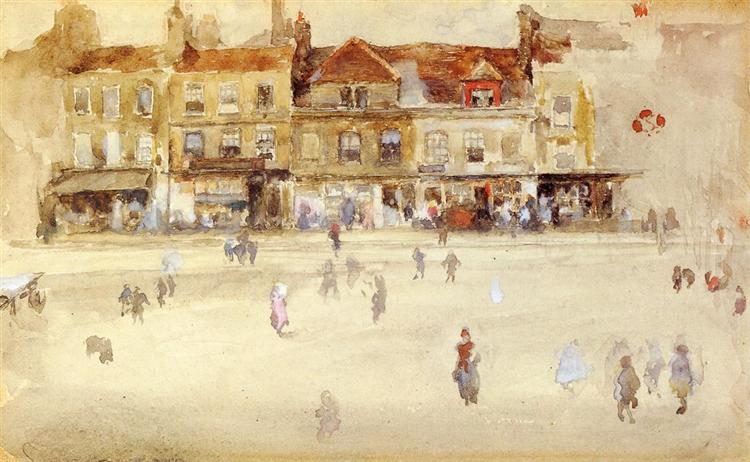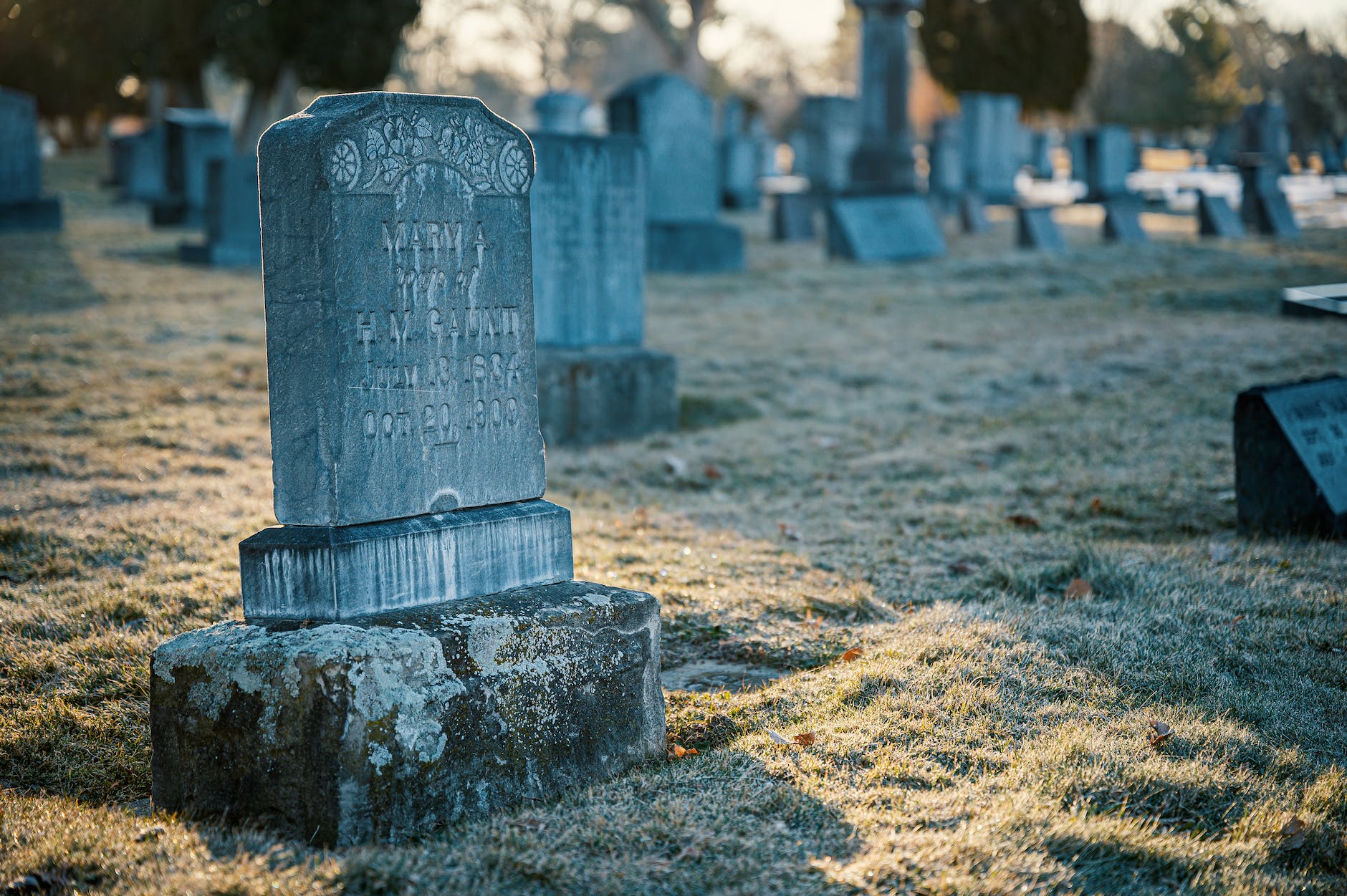We all of us are things forgotten still clinging to memory.
Immortality. The great and universal human ambition. Promised ever and anon by the mystic words of prophets and sages, whose very sight hath pierced the veil twixt death and everlife. Sought after by philosophers and surgeons, greedy grasping for elixirs and potions that may prolong mortality by weeks, days, even precious and fleeting seconds.
It may be that the king, the historian, and the artist can rightly claim to having mastered immortality. For though their fleeting flesh perishes and withers into dust, their deeds and doings ring through the ages; accomplishments that ensure their memory and legacy live ever on. To be remembered – they believe – is to achieve immortality.
But such an immortality comes at no small price. What of Abel, Gilgamesh and Nefertiti, hollow Ozymandian names that are divorced of knowing even as they stammering resound in our speech? What of Pythagoras, Arthur of Britain, and Mozart, mere men twisted into shimmering legend; the evanescent truth of their lives now blended cunningly with imperishable myth? And what of the nevermen? Sherlock Holmes, Elizabeth Bennett and Frodo Baggins? Have they, too, not gained the immortality of the luminaries, in careless despite of their own unexistence? Unimpeded by their having never been born or died, are they not every bit as tangibly undying as Alexander of Macedon and Pablo Picasso? What good is immortality, if such trivialities as having never been born or lived serve no real impediment to its claiming?
They are near the mark, these philosophers and poets, in teaching that the secret of immortality lies in memory. Near the mark, and yet ever so grossly far from the truth of it. For it is in memory that every day we die a little.
There is a street, not so very far from here, on which stands a building derelict and yet not abandoned, where once a small company conducted their useless business. And, within that failing husk of shelter is an abandoned office, where works a single man.
I do not know his name, though he surely has one, for he had parents once, long ago. Friends and family he has known and lost, peers and colleagues he has laboured alongside and they have forgotten him. Oblivion has claimed them, and in oblivion dwells this man still evermore.
Day by day he shuffles creaking about the long-forsaken office, muttering and peering as still he conducts his useless duty. Folders meticulously organised and papers precisely crafted are accrued and moved and discarded, an eternally ephemeral monument to meaningless futility.
His daily labour concluded, he makes odyssey down a straight and broad street from the failed business to his ill-kept home. a whiling journey of some two and a half minutes for most. For him, it lasts four, his slow small steps pitiful pattering along the footpath.
Ever is it on this journey that he is in greatest peril, for make no mistake: he is no phantom. Of flesh and blood and crude matter is he fashioned, as are his solitary wandering companions that bustle ever along that street whilst engaged in their own mysterious errands. Forgotten, he is, and ignored, but not invisible, and many an eye may chance upon this dark-clad formless figure with timorous tread. But even as he is seen, he effortless slips from remembrance again, the cruelly memoryless vision of some distracted citizen ever darting to a novel wonder.
And so he escapes and comes back home, to his concrete apartment imprisoned within a hundred identical apartments. He eats, he sleeps, he rises, he dresses, he eats, and he sets forth on the wearying path yet again to his unceasing and meaningless job.
Every fortnight without fail, a modest sum of income is paid into his account, a remnant of a system still dutifully doling out wage as it was once commanded. Once every month, he surrenders the rent for his apartment to the faceless unbeing that possesses his home. And once a quarter, a bill arrives demanding tribute be granted in recompense for the modest gas, water and electricity he has consumed by way of living. Thus does he survive the urban perils that beset him.
And so he lives and breathes and persists, a small man in a small world. A world and a man so small that Time itself has heedless and disinterested forgotten its very being. The grim inescapable spectre of Death visits him not, for Death does not observe that his years are long spent. Weary he maintains, untouched by mortality, persevering alone and unknown beyond mankind’s span.
For he is old, this man. How old, I do not know. He may know, yet if he does he heeds it not, for it is of no consequence to him. Nor is his prolonged life, nor his long-due death. He simply persists, for he knows not what else to do, forgotten as he is by callous man and the order of nature alike. And thus he lives forever, having gained (by nothing more than his own mean inconsequence) the very life uncurtailed by death that the noblest and greatest minds have foolishly slaved after. Yet this everlife is neither blessing (as the physicians hope) nor burden (as the poets claim). It simply is.
It may be, when you read this, that the Man that Time forgot has been remembered. Perhaps he tripped on the street, his aged head being struck in an instant by the incalculable force of an immeasurably weighty blow struck by the very globe itself, passer-by and Death alike suddenly compelled into recollecting the man as he falls. Or perhaps the idiot iron will of the industrial machine has descried the useless little office block in which the man fruitless works, devouring it that it may be turned to progress and thus drawing him once more into living memory. A thousand chances there are, that may yet cause the man to be remembered and doomed.
I do not know. But until Time remembers the forgotten man, he endures, impotent and imprisoned in his immortality of insignificance.

~~~~~~~~~~~~~
Thanks for reading – feel free to check out anything else you may be interested in on the blog, there’s plenty more to discover! Follow me on Facebook and on Twitter to stay up to date with The Blog of Mazarbul, and if you want to join in the discussion, write a comment below or send an email. Finally, if you really enjoyed the post above, you can support the blog via Paypal. Thanks for reading, and may your beards never grow thin!
